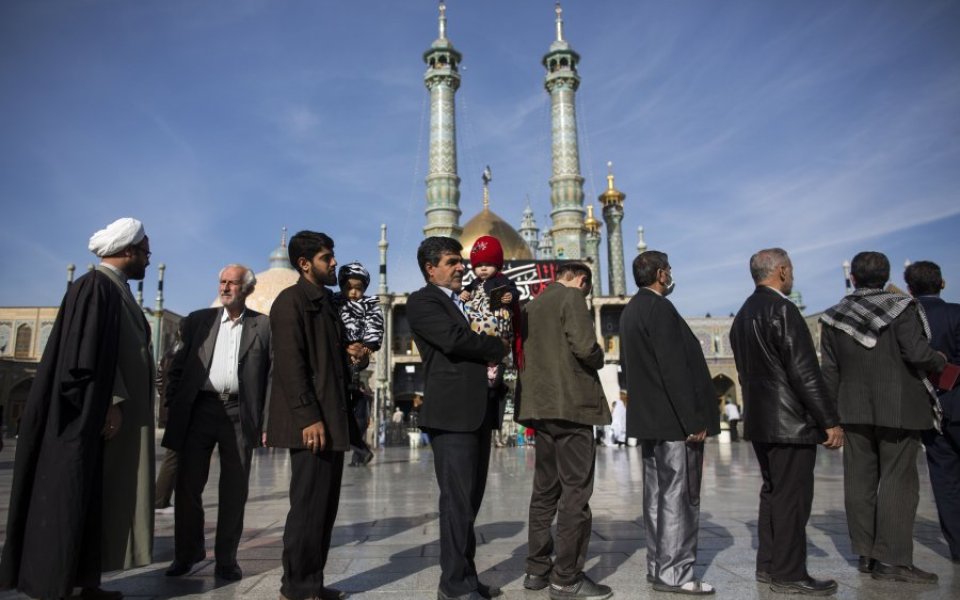Iran holds first election since sanctions over its nuclear programme were lifted

Millions of Iranians went to the polls for the first time since it was freed from sanctions following a deal with world powers over its nuclear programme today.
The two crucial elections could alter the balance of power between moderates and hardliners in two of the Iran's key institutions. Both are currently dominated by the latter.
Around 5,000 candidates will vye for a seat in its 290-strong parliament, with more moderate representation increasing president Hassan Rouhani's ability to implement the ambitiously reformist platform on which he was elected around two years ago.
"Election is a symbol of the political independence of a country. By voting people decide the future of their country," Rouhani said after casting his vote.
Also at stake is the composition of Iran's 88-member Assembly of Experts, which is responsible for appointing or dismissing the supreme leader, Iran's most powerful figure.
Read more: Economists: Iran faces barriers to strong growth
Supreme Leader Ayatollah Ali Khamenei, who has been in power since 1989, urged Iranians to vote.
"I suggest our nation to cast their votes early … they should choose their candidates wisely … a big turnout will disappoint Iran's enemies," he said.
A loosening of the hardliners' grip on parliament could bolster international confidence, helping to attract international investment. This will be crucial if Iran is to deliver on its plan to increase in oil production to 4.6m barrels per day over the next five years, up from the 3.1m currently being produced.
However, more than 12,000 candidates who signed up to participate in the elections were disqualifed by the Guardian Council. Of these, most of them were reformists.
All candidates to the Assembly of Experts and the Iranian parliament are selected by the Guardian Council, whose members are selected by the Supreme Leader of Iran.